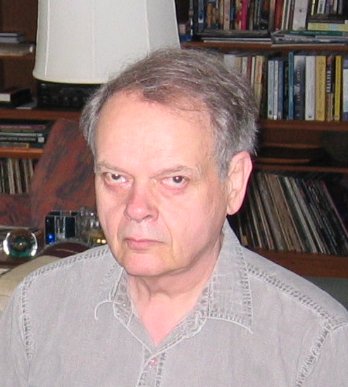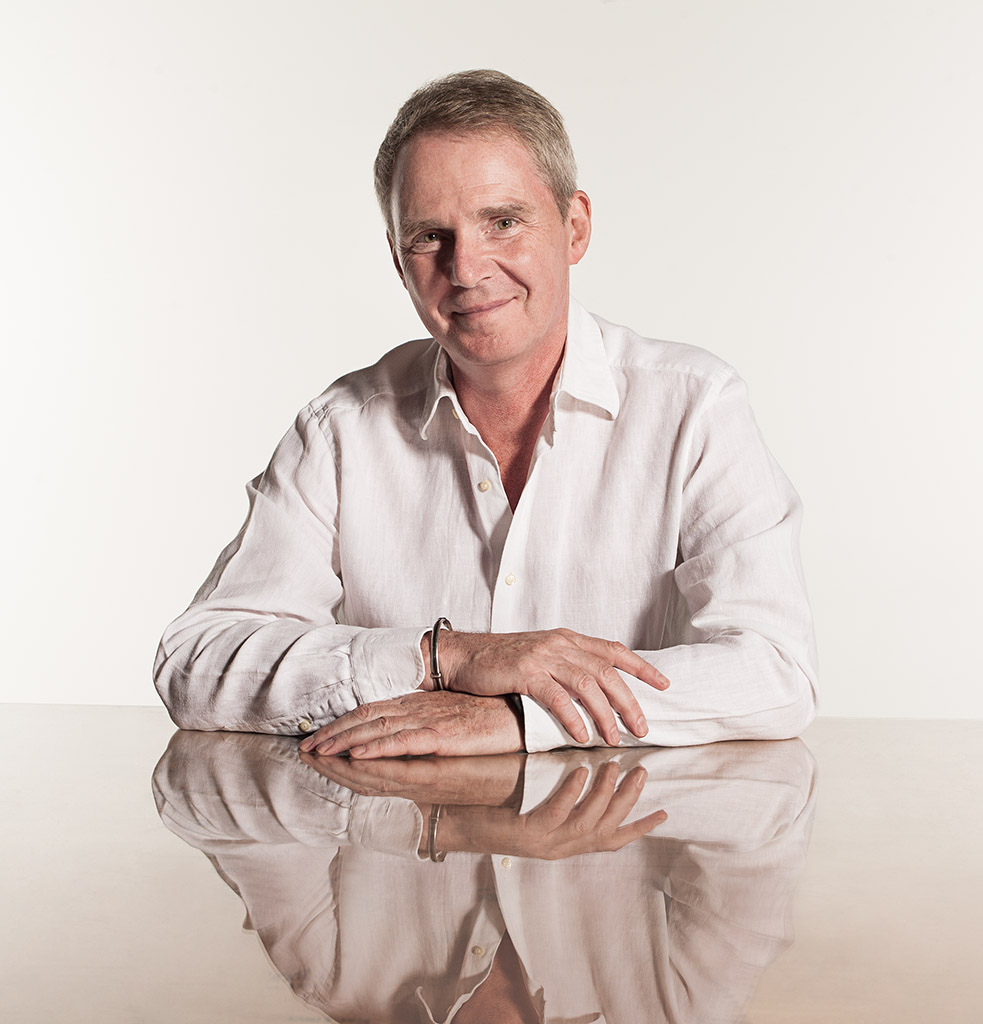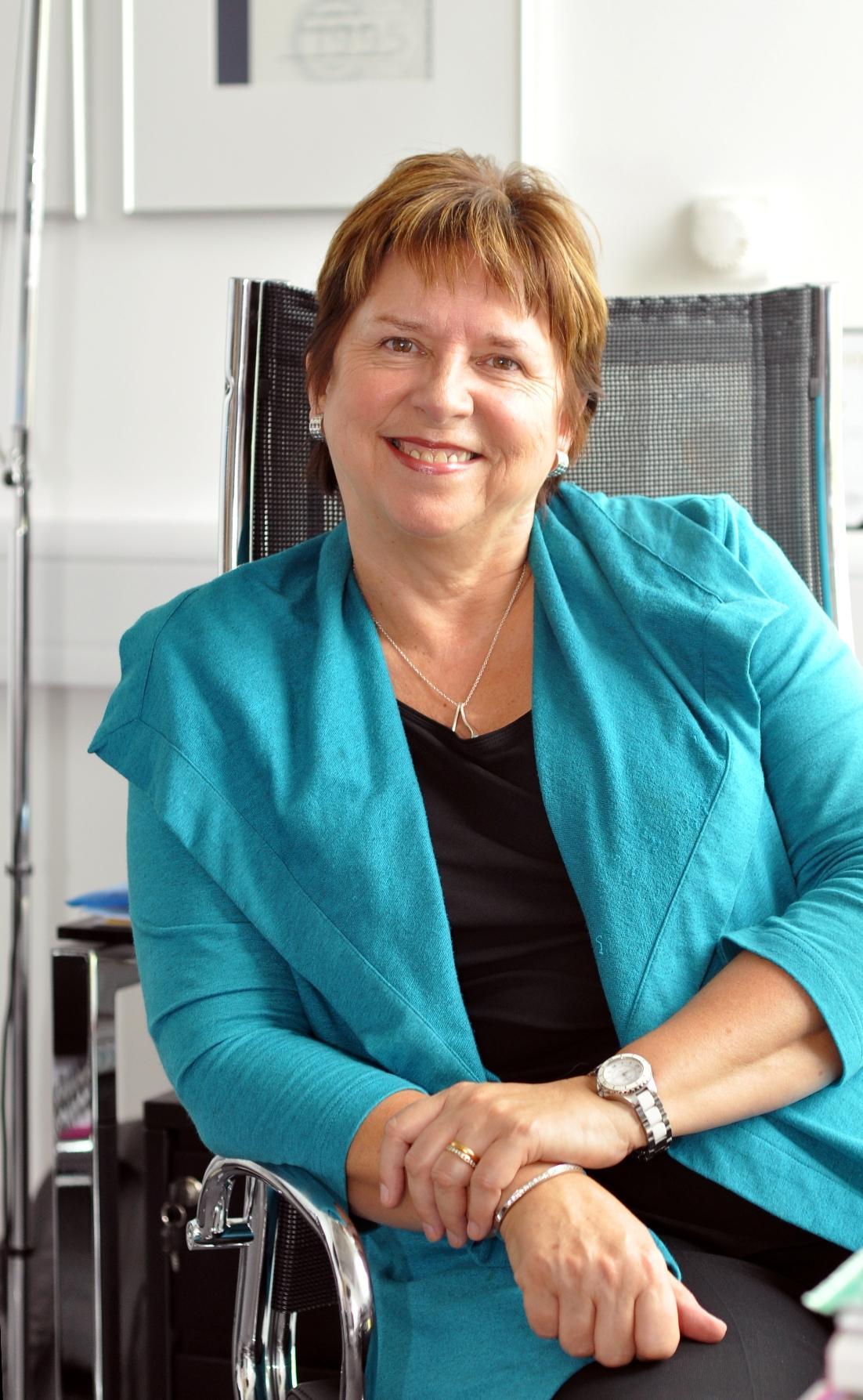|
BCS-FACS
BCS-FACS is the BCS ''Formal Aspects of Computing Science'' Specialist Group. Overview The FACS group, inaugurated on 16 March 1978, organizes meetings for its members and others on formal methods and related computer science topics. There is an associated journal, ''Formal Aspects of Computing'', published by Springer, and a more informal ''FACS FACTS'' newsletter. The group celebrated its 20th anniversary with a meeting at the Royal Society in London in 1998, with presentations by four eminent computer scientists, Mike Gordon, Tony Hoare, Robin Milner and Gordon Plotkin, all Fellows of the Royal Society. From 2002–2008 and since 2013 again, the Chair of BCS-FACS has been Jonathan Bowen. Jawed Siddiqi was Chair during 2008–2013. In December 2002, BCS-FACS organized a conference on the ''Formal Aspects of Security'' (FASec'02) at Royal Holloway, University of London. In 2004, FACS organized a major event at London South Bank University to celebrate its own 25th anniversary ... [...More Info...] [...Related Items...] OR: [Wikipedia] [Google] [Baidu] |
FACS FACTS
BCS-FACS is the BCS ''Formal Aspects of Computing Science'' Specialist Group. Overview The FACS group, inaugurated on 16 March 1978, organizes meetings for its members and others on formal methods and related computer science topics. There is an associated journal, ''Formal Aspects of Computing'', published by Springer, and a more informal ''FACS FACTS'' newsletter. The group celebrated its 20th anniversary with a meeting at the Royal Society in London in 1998, with presentations by four eminent computer scientists, Mike Gordon, Tony Hoare, Robin Milner and Gordon Plotkin, all Fellows of the Royal Society. From 2002–2008 and since 2013 again, the Chair of BCS-FACS has been Jonathan Bowen. Jawed Siddiqi was Chair during 2008–2013. In December 2002, BCS-FACS organized a conference on the ''Formal Aspects of Security'' (FASec'02) at Royal Holloway, University of London. In 2004, FACS organized a major event at London South Bank University to celebrate its own 25th anniversar ... [...More Info...] [...Related Items...] OR: [Wikipedia] [Google] [Baidu] |
Tim Denvir
Tim Denvir (born 1939) is a British software engineer, specialising in formal methods. Denvir studied for a Mathematics degree at Trinity College, Cambridge during 1959–1962. Before his degree, during 1958–1959, Tim Denvir was an engineering assistant at Texas Instruments, designing, building and testing electronic circuits using discrete semiconductors. After his degree, during 1962–1965, he was a systems programmer with Elliott Brothers, programming operating systems and device drivers. During 1965–1969, he was a systems programmer at the University of London Atlas Computing Service, undertaking systems programming for the Atlas computer and compiler design. During 1969–1971, he was a project manager with RADICS, working on ALGOL 60 compilers. During 1971–1972, Denvir was a principal technical officer at International Computers Limited (ICL), working on unifying compiler design for the ICL 2900 Series of mainframe computers. During 1972–1986, he was a departme ... [...More Info...] [...Related Items...] OR: [Wikipedia] [Google] [Baidu] |
Formal Methods
In computer science, formal methods are mathematically rigorous techniques for the specification, development, and verification of software and hardware systems. The use of formal methods for software and hardware design is motivated by the expectation that, as in other engineering disciplines, performing appropriate mathematical analysis can contribute to the reliability and robustness of a design. Formal methods employ a variety of theoretical computer science fundamentals, including logic calculi, formal languages, automata theory, control theory, program semantics, type systems, and type theory. Background Semi-Formal Methods are formalisms and languages that are not considered fully “formal”. It defers the task of completing the semantics to a later stage, which is then done either by human interpretation or by interpretation through software like code or test case generators. Taxonomy Formal methods can be used at a number of levels: Level 0: Formal specification may ... [...More Info...] [...Related Items...] OR: [Wikipedia] [Google] [Baidu] |
Jonathan Bowen
Jonathan P. Bowen FBCS FRSA (born 1956) is a British computer scientist and an Emeritus Professor at London South Bank University, where he headed the Centre for Applied Formal Methods. Prof. Bowen is also the Chairman of Museophile Limited and has been a Professor of Computer Science at Birmingham City University, Visiting Professor at the Pratt Institute (New York City), University of Westminster and King's College London, and a visiting academic at University College London. Education Bowen was born in Oxford, the son of Humphry Bowen, and was educated at the Dragon School, Bryanston School, prior to his matriculation at University College, Oxford (Oxford University) where he received the MA degree in Engineering Science. Career Bowen later worked at Imperial College, London, the Oxford University Computing Laboratory (now the Oxford University Department of Computer Science), the University of Reading, and London South Bank University. His early work was on formal meth ... [...More Info...] [...Related Items...] OR: [Wikipedia] [Google] [Baidu] |
British Computer Society
Sir Maurice Wilkes served as the first President of BCS in 1957 BCS, The Chartered Institute for IT, known as the British Computer Society until 2009, is a professional body and a learned society that represents those working in information technology (IT) and computer science, both in the United Kingdom and internationally. Founded in 1957, BCS has played an important role in educating and nurturing IT professionals, computer scientists, computer engineers, upholding the profession, accrediting chartered IT professional status, and creating a global community active in promoting and furthering the field and practice of computing. Overview With a worldwide membership of 57,625 members as of 2021, BCS is a registered charity and was incorporated by Royal Charter in 1984. Its objectives are to promote the study and application of communications technology and computing technology and to advance knowledge of education in ICT for the benefit of professional practitioners a ... [...More Info...] [...Related Items...] OR: [Wikipedia] [Google] [Baidu] |
London Mathematical Society
The London Mathematical Society (LMS) is one of the United Kingdom's learned societies for mathematics (the others being the Royal Statistical Society (RSS), the Institute of Mathematics and its Applications (IMA), the Edinburgh Mathematical Society and the Operational Research Society (ORS). History The Society was established on 16 January 1865, the first president being Augustus De Morgan. The earliest meetings were held in University College, but the Society soon moved into Burlington House, Piccadilly. The initial activities of the Society included talks and publication of a journal. The LMS was used as a model for the establishment of the American Mathematical Society in 1888. Mary Cartwright was the first woman to be President of the LMS (in 1961–62). The Society was granted a royal charter in 1965, a century after its foundation. In 1998 the Society moved from rooms in Burlington House into De Morgan House (named after the society's first president), at 57–5 ... [...More Info...] [...Related Items...] OR: [Wikipedia] [Google] [Baidu] |
Formal Methods Europe
Formal Methods Europe (FME) is an organization whose aim is to encourage the research and application of formal methods for the improvement of software and hardware in computer-based systems. The association's members are drawn from academia and industry. It is based in Europe, but is international in scope. FME operates under Dutch law. Activities include or have included: * Dissemination of research findings and industrial experience through conferences (every 18 months) and sponsored events; * Development of information resources for educators; * Networking for commercial practitioners through ForTIA ( Formal Techniques Industry Association). The Chair of FME is John Fitzgerald of the University of Newcastle upon Tyne, UK. ForTIA The Formal Techniques Industry Association (ForTIA) aimed to support the industrial use of formal methods under the umbrella organization of ''Formal Methods Europe''. It was founded in 2003 through the initial efforts of Dines Bjørner and was chai ... [...More Info...] [...Related Items...] OR: [Wikipedia] [Google] [Baidu] |
Formal Aspects Of Computing
''Formal Aspects of Computing'' (''FAOC'') is a peer-reviewed scientific journal published by Springer Science+Business Media, covering the area of formal methods and associated topics in computer science. The editors-in-chief are Jim Woodcock and Cliff Jones. The journal is associated with BCS-FACS, the British Computer Society ''Formal Aspects of Computing Science'' Specialist Group. According to the ''Journal Citation Reports'', the journal has a 2010 impact factor of 1.170. See also * ''Acta Informatica'' * ''Innovations in Systems and Software Engineering ''Innovations in Systems and Software Engineering: A NASA Journal'' is a peer-reviewed scientific journal of computer science covering systems and software engineering, including formal methods. It is published by Springer Science+Business Media on ...'' References External links * Publications established in 1989 Computer science journals Formal methods publications British Computer Society Springer Science+Bus ... [...More Info...] [...Related Items...] OR: [Wikipedia] [Google] [Baidu] |
Formal Methods
In computer science, formal methods are mathematically rigorous techniques for the specification, development, and verification of software and hardware systems. The use of formal methods for software and hardware design is motivated by the expectation that, as in other engineering disciplines, performing appropriate mathematical analysis can contribute to the reliability and robustness of a design. Formal methods employ a variety of theoretical computer science fundamentals, including logic calculi, formal languages, automata theory, control theory, program semantics, type systems, and type theory. Background Semi-Formal Methods are formalisms and languages that are not considered fully “formal”. It defers the task of completing the semantics to a later stage, which is then done either by human interpretation or by interpretation through software like code or test case generators. Taxonomy Formal methods can be used at a number of levels: Level 0: Formal specification may ... [...More Info...] [...Related Items...] OR: [Wikipedia] [Google] [Baidu] |
BCS, The Chartered Institute For IT
Sir Maurice Wilkes served as the first President of BCS in 1957 BCS, The Chartered Institute for IT, known as the British Computer Society until 2009, is a professional body and a learned society that represents those working in information technology (IT) and computer science, both in the United Kingdom and internationally. Founded in 1957, BCS has played an important role in educating and nurturing IT professionals, computer scientists, computer engineers, upholding the profession, accrediting chartered IT professional status, and creating a global community active in promoting and furthering the field and practice of computing. Overview With a worldwide membership of 57,625 members as of 2021, BCS is a registered charity and was incorporated by Royal Charter in 1984. Its objectives are to promote the study and application of communications technology and computing technology and to advance knowledge of education in ICT for the benefit of professional practitioners a ... [...More Info...] [...Related Items...] OR: [Wikipedia] [Google] [Baidu] |
Software Engineering
Software engineering is a systematic engineering approach to software development. A software engineer is a person who applies the principles of software engineering to design, develop, maintain, test, and evaluate computer software. The term '' programmer'' is sometimes used as a synonym, but may also lack connotations of engineering education or skills. Engineering techniques are used to inform the software development process which involves the definition, implementation, assessment, measurement, management, change, and improvement of the software life cycle process itself. It heavily uses software configuration management which is about systematically controlling changes to the configuration, and maintaining the integrity and traceability of the configuration and code throughout the system life cycle. Modern processes use software versioning. History Beginning in the 1960s, software engineering was seen as its own type of engineering. Additionally, the development of soft ... [...More Info...] [...Related Items...] OR: [Wikipedia] [Google] [Baidu] |
Gordon Plotkin
Gordon David Plotkin, (born 9 September 1946) is a theoretical computer scientist in the School of Informatics at the University of Edinburgh. Plotkin is probably best known for his introduction of structural operational semantics (SOS) and his work on denotational semantics. In particular, his notes on ''A Structural Approach to Operational Semantics'' were very influential. He has contributed to many other areas of computer science. Education Plotkin was educated at the University of Glasgow and the University of Edinburgh, gaining his Bachelor of Science degree in 1967 and PhD in 1972 supervised by Rod Burstall. Career and research Plotkin has remained at Edinburgh, and was, with Burstall and Robin Milner, a co-founder of the Laboratory for Foundations of Computer Science (LFCS). His former doctoral students include Luca Cardelli, Philippa Gardner, Doug Gurr, Eugenio Moggi, and Lǐ Wèi. Awards and honours Plotkin was elected a Fellow of the Royal Society (FRS) in 19 ... [...More Info...] [...Related Items...] OR: [Wikipedia] [Google] [Baidu] |


